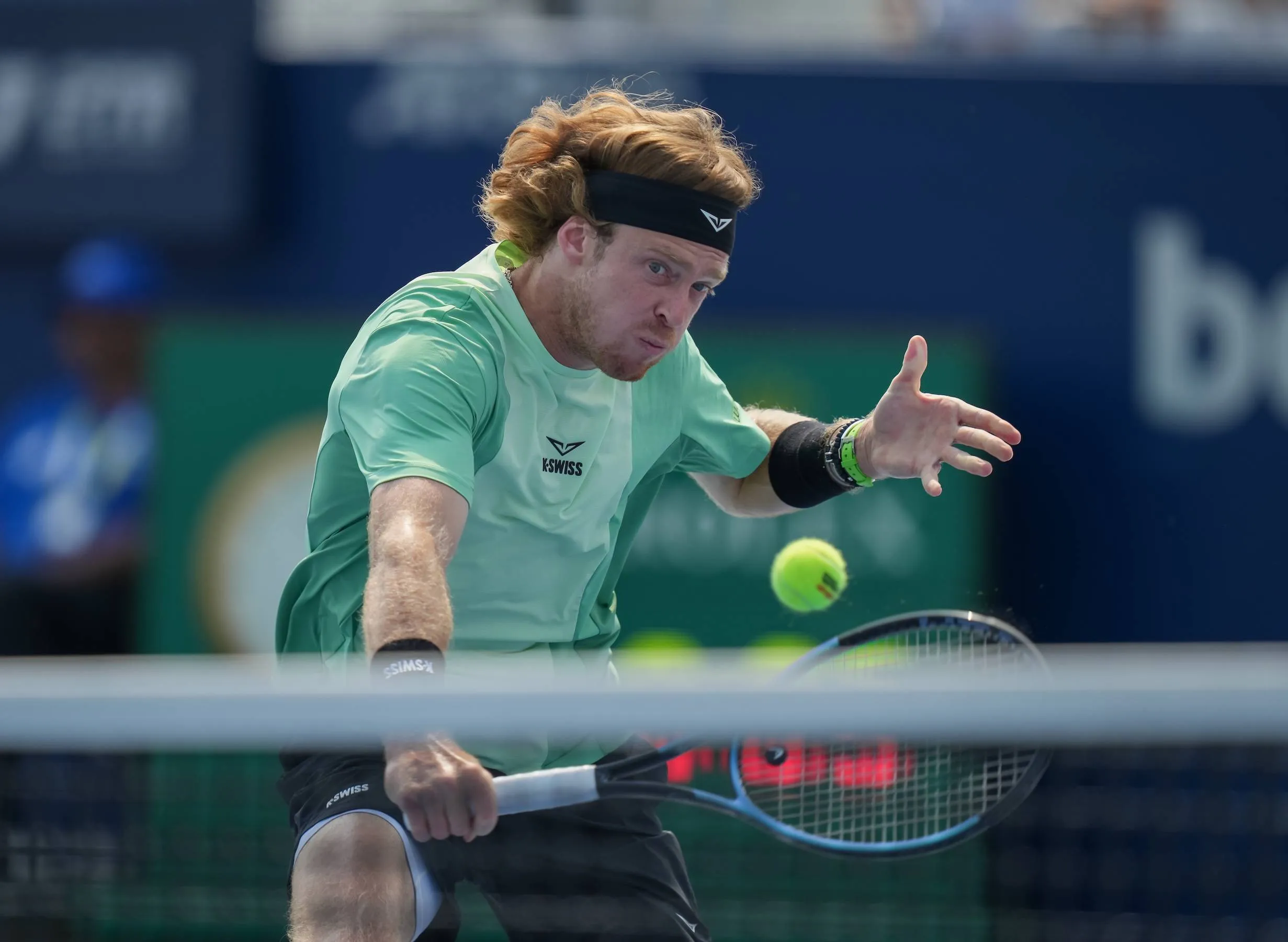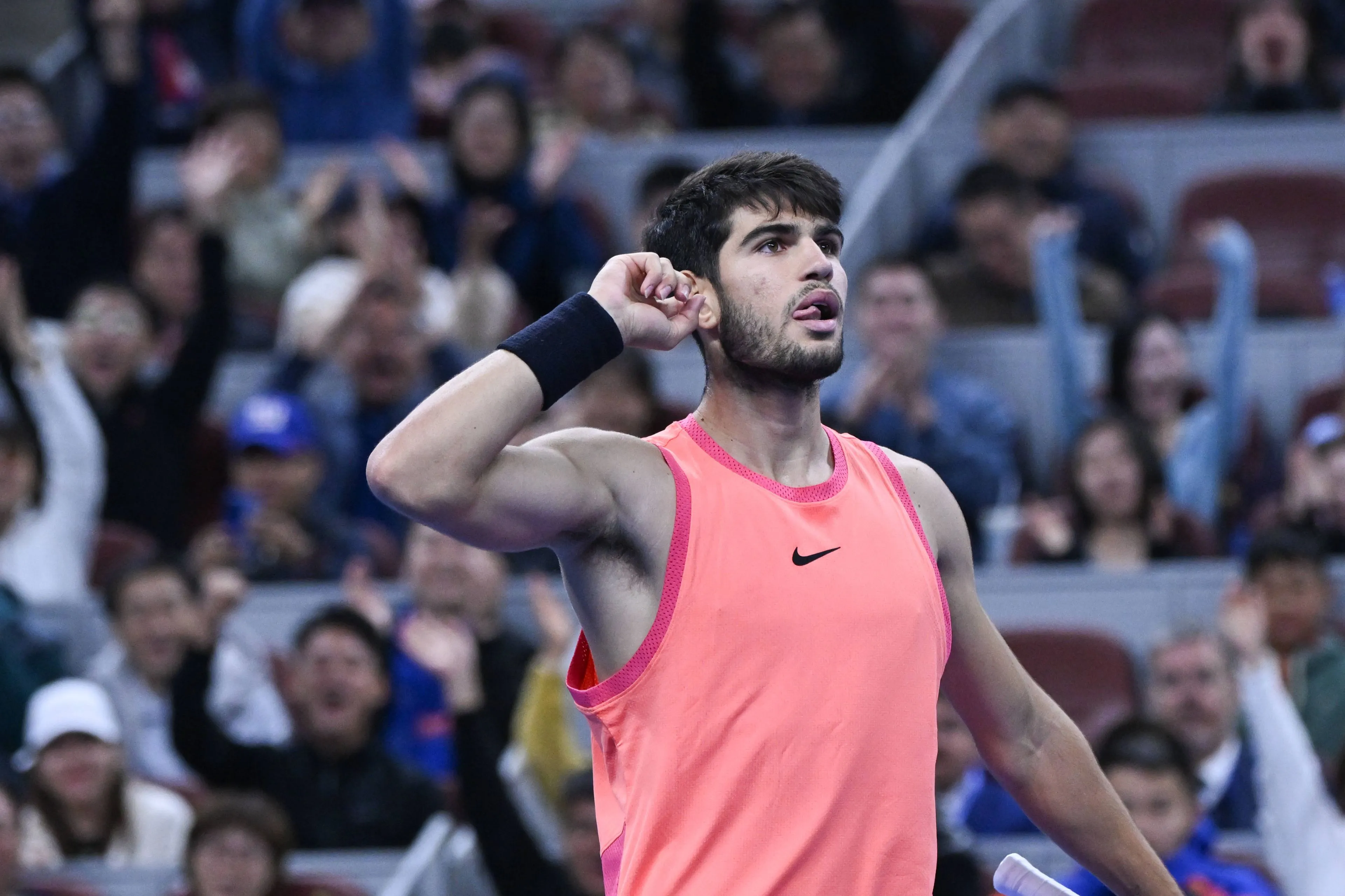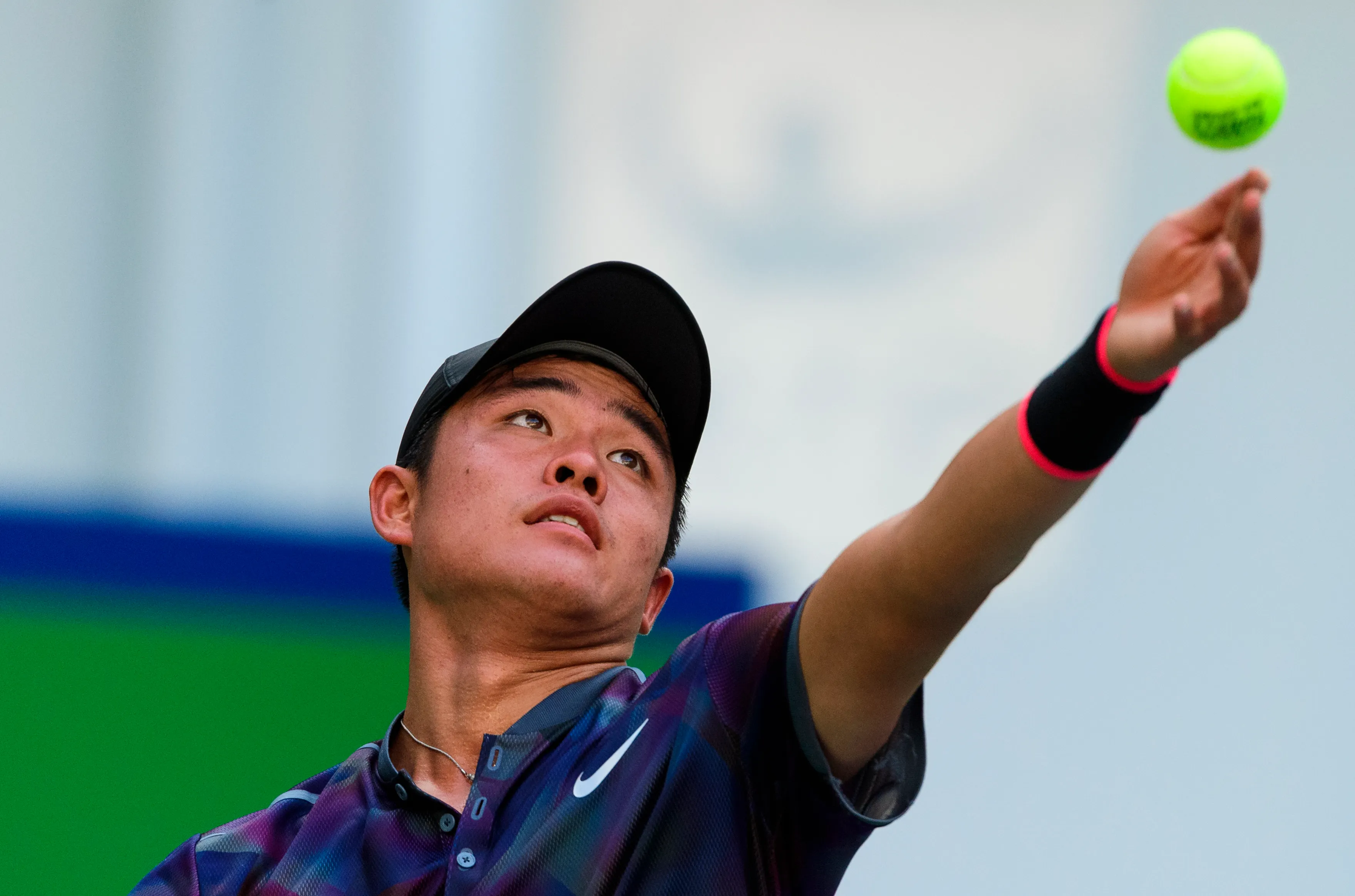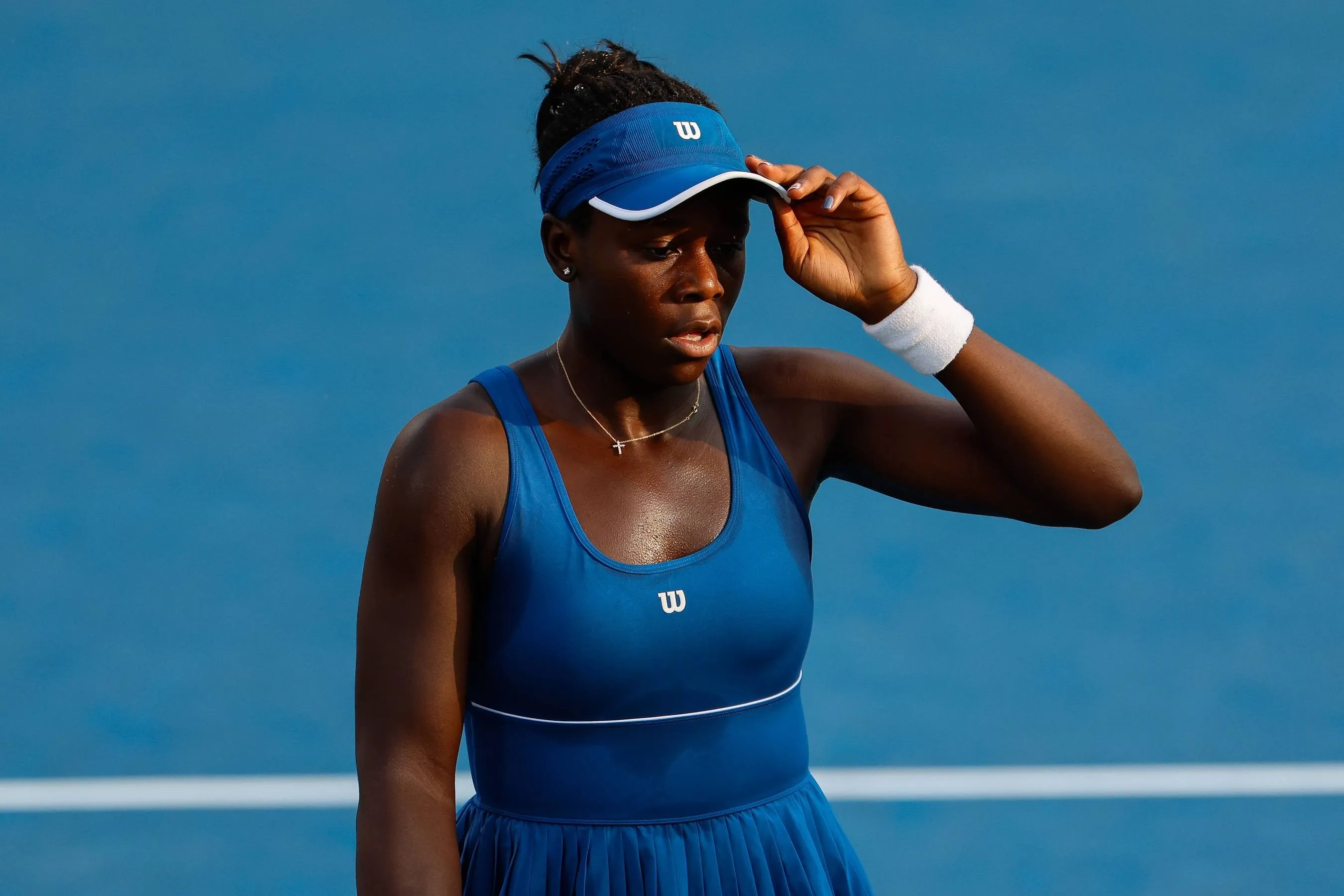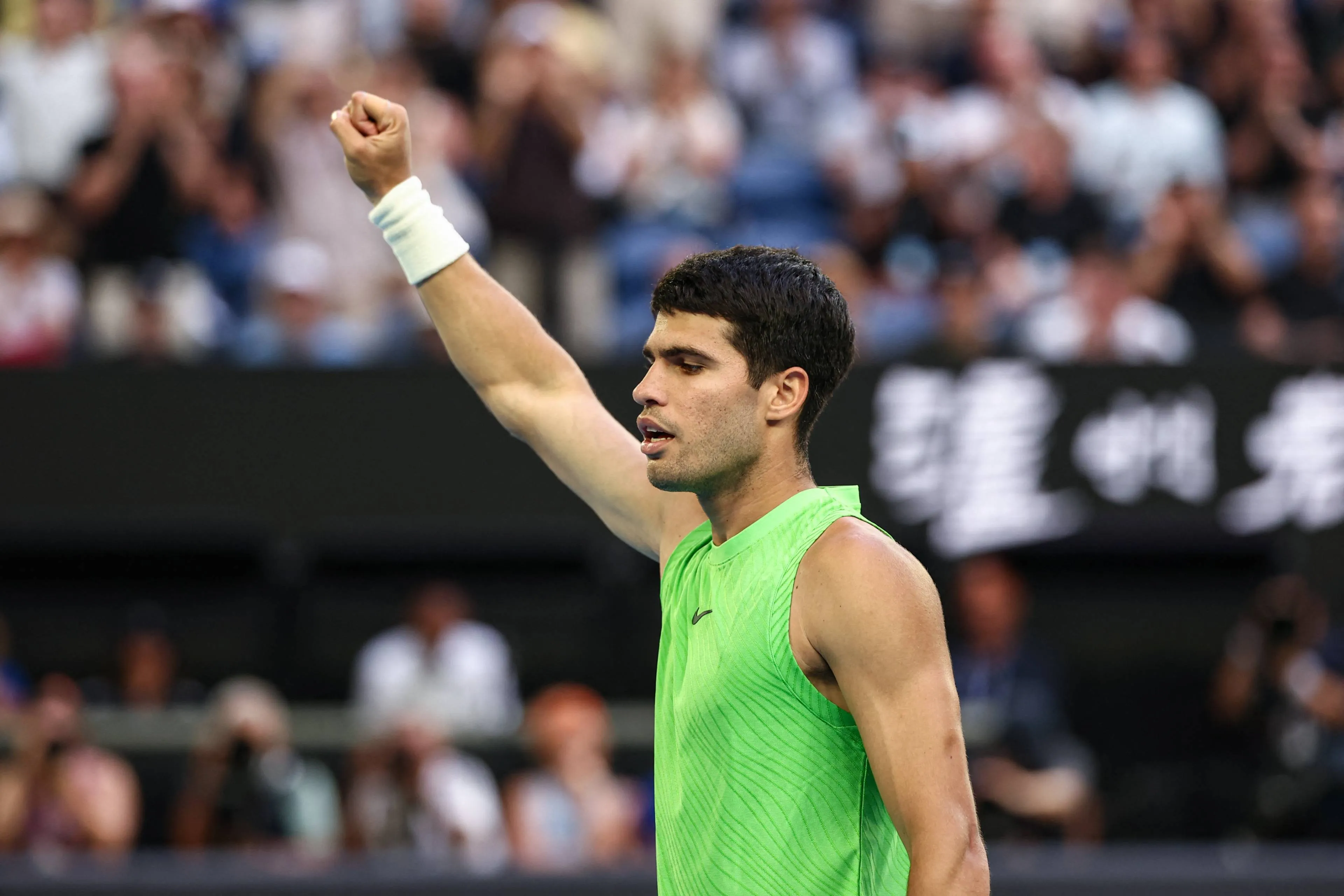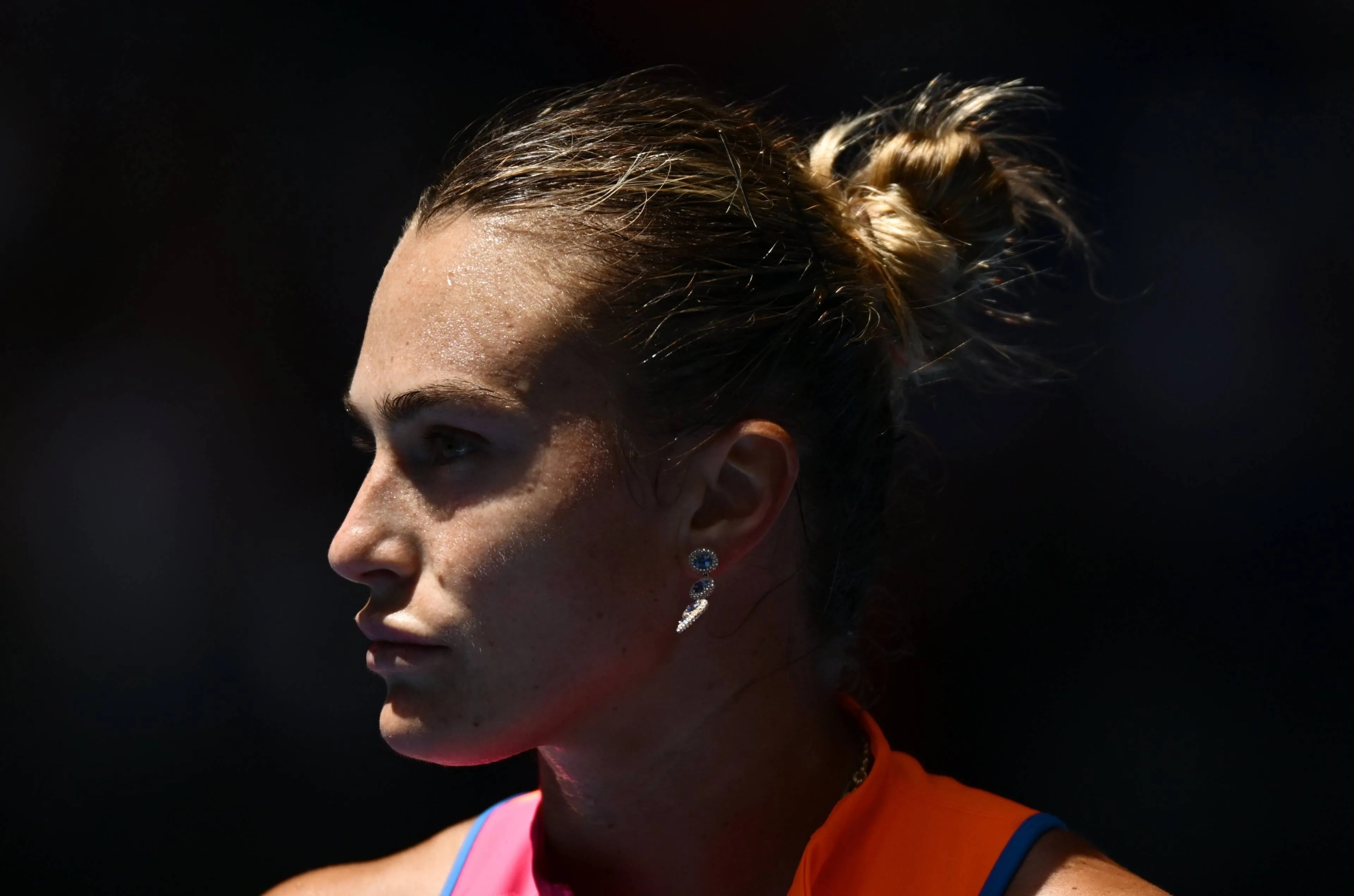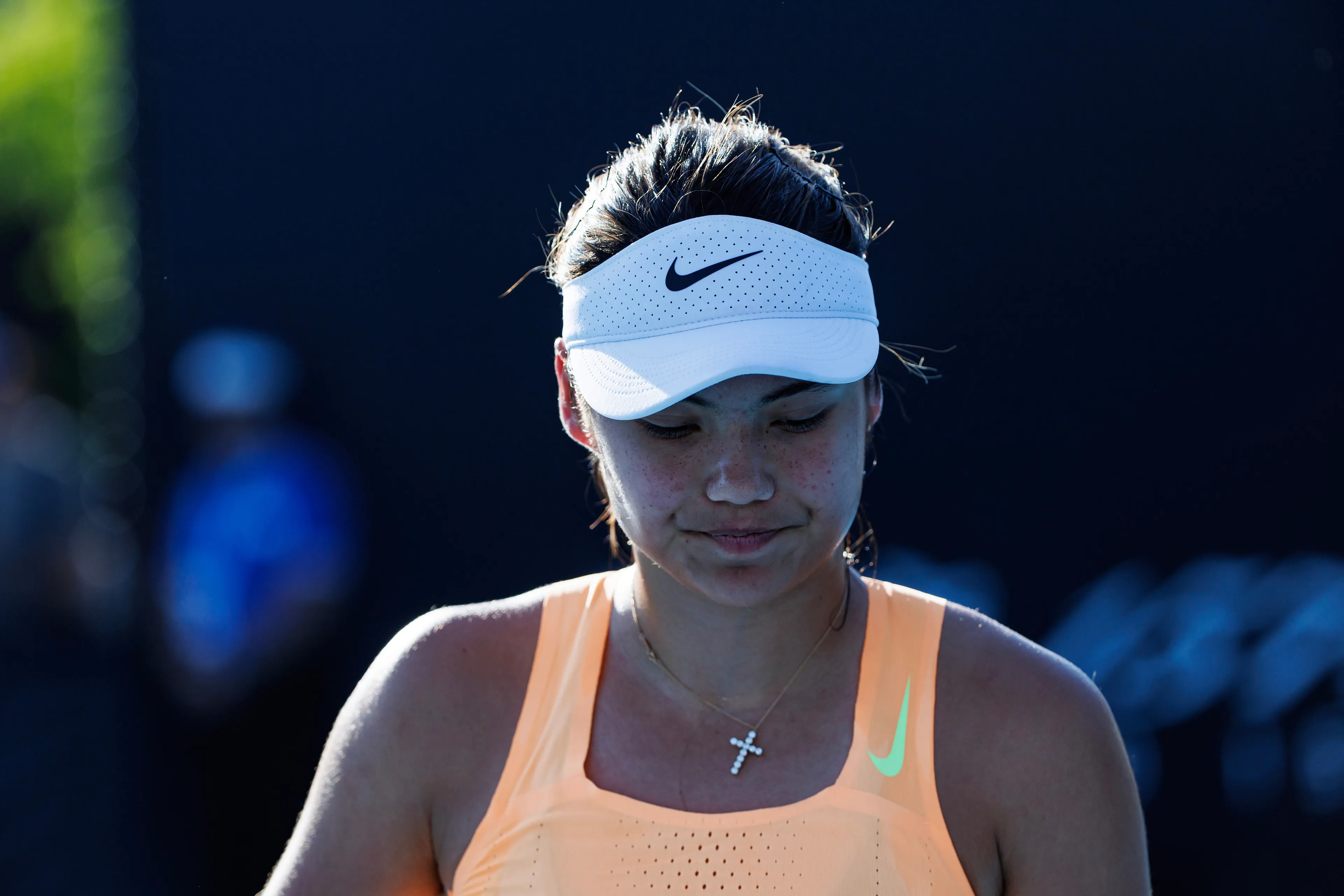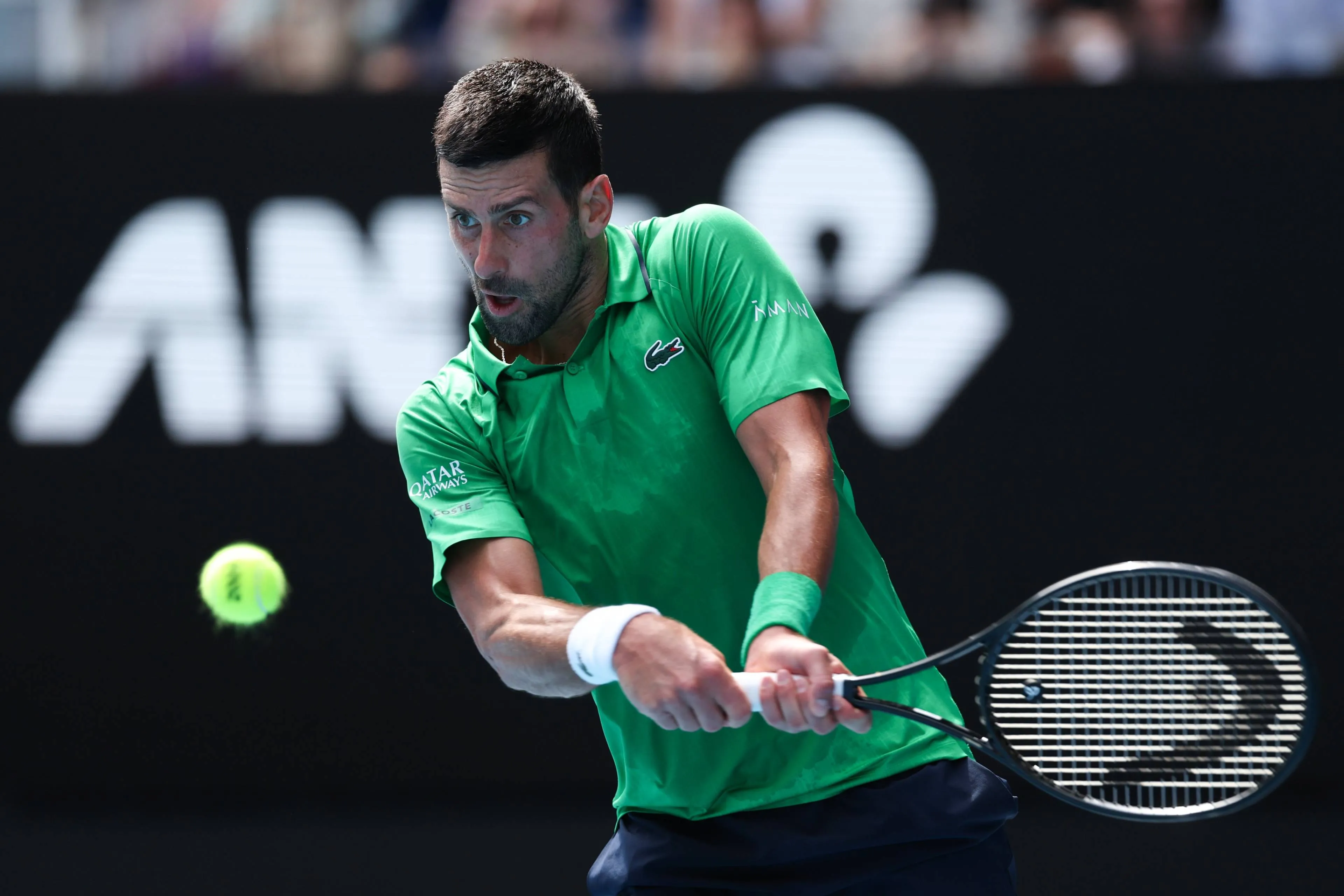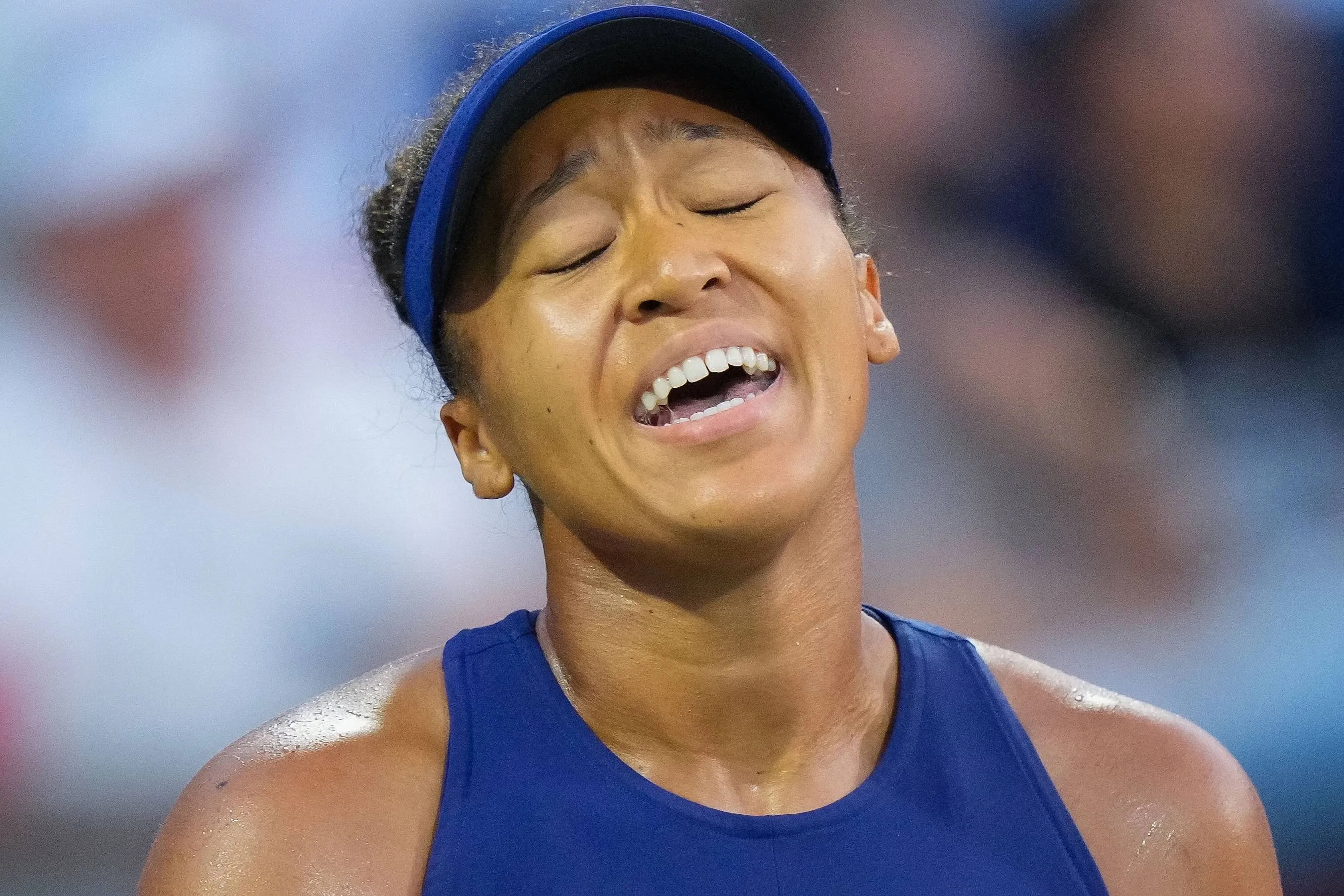Yibing Wu
Yibing Wu is a Chinese professional tennis player, who competes on the ATP Tour since 2017.
| Date of Birth: | 14 October 1999 |
| Birthplace: | Hangzhou, China |
| Residence: | Hangzhou, China |
| Height: | 6'0" (183 cm) |
| Weight: | 176 lbs (80 kg) |
| Plays: | Right-handed (two-handed backhand) |
| Turned Pro: | 2017 |
2024 Hangzhou Open ATP Draw With Rune, Khachanov, Zhang
17 September 2024
Wu Yibing is a Chinese professional tennis player who was born on October 14, 1999, in Hangzhou, China. After starting tennis at a young age, the man from China was quick to make it on the junior tour. It was a glittering youth career after he reached the semifinals of the Boys’ Australian Open singles and doubles tournaments, as well as winning the same events at the US Open, becoming the first Chinese male to win a Grand Slam title.
The pro tour was awaiting him, and his debut came in 2017 at the Chengdu Open as a wildcard to the event. Just a couple of weeks later, Yibing made his debut at the ATP Masters 1000 level at the Shanghai Masters. Unfortunately for him, it was set to be a slower start to life on the main circuit than he would have hoped, with him losing in the first round of both tournaments.
After a mix of bad form and a COVID-hit 2020-21 seasons, he did not have the chance to build on the progress he had made, but he was ready and raring to go again in 2022. This was the year in which he really established himself as too strong for the ITF and ATP Challenger Tour while trying to break through onto the main tour full-time.
One of his standout performances from this season was at the US Open when he managed to see off tough opposition, the likes of Nikoloz Basilashvili, to make it through to the third round. This really boosted his ranking so that he was ready to hit the ground running in 2023.
That’s exactly what he did come to the turn of the season, with the Chinese player now getting automatic qualification into more high-brow tournaments. This increased exposure was exactly what he needed to prove himself amongst the best, as he claimed his first ATP title in early 2023 at the Dallas Open, beating the likes of Denis Shapovalov, Taylor Fritz, and John Isner.
Not long after the best result of his professional career, he reached new heights, getting to a career-high and breaking into the Top 60, setting the stage for further improvement in the future.
Loading
